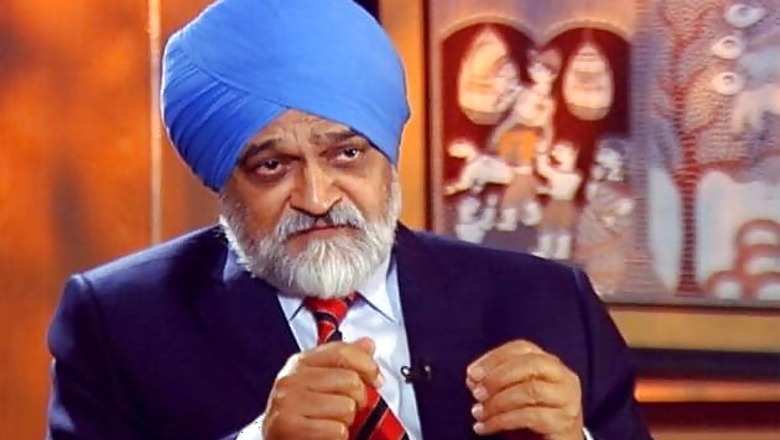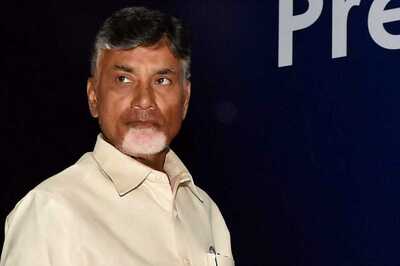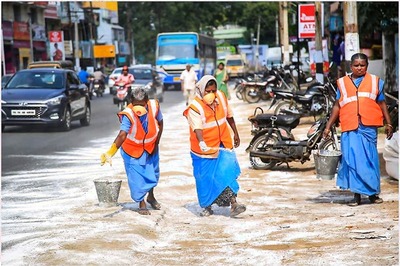
views
Mumbai: It is time for global credit rating agencies to take India off the negative watch list, Planning Commission Deputy Chairman Montek Singh Ahluwalia said on Monday even as a leading firm last week threatened of a possible downgrade of the country within 24 months. "I don't believe there's an iota of information that would suggest taking a negative step...The real issue for rating agencies, if they are reading the signals right, is whether they're going to remove the negative watch (on India)," Ahluwalia told a banking conference organised here by Yes Bank and Financial Times.
Later, when reporters asked him whether he was hinting that the rating agencies should upgrade their forecasts on the country, Ahluwalia said, "Absolutely. I'm quite certain that things are going to improve." He further said, "If you are running a rating agency and say 'we are putting India on a negative watch', which is what they did four months ago, and you also have somebody updating India, my guess is that whoever is doing the updating will say there's a lot of good news.
"Is it good enough to upgrade India or is it good enough to remove the rating negative watch, that's the issue." Last week, Standard & Poor's had said there was "one-in-three chance of the country's sovereign rating being junked", which will place it to non-investment grade level. It cited high fiscal deficit driven by high subsidies, policy inactions, high current account deficit among other issues as potential causes for junking the sovereign rating.
In June, S&P had kept the country under rating watch list. The current rating given by S&P is BBB- with negative outlook. The government has taken enough measures for everyone to see towards fiscal consolidation like cutting LPG subsidy by half and allowing foreign direct investment into many sectors, Ahluwalia observed.
Ahluwalia disagreed with the view that the government was taking reform measures to please foreign rating agencies. He said, "We are concerned to convey the signal that we are addressing our macroeconomic and supply constraint issues. We are not making policy to second guess what the rating agency will do, but I am assuming that the rating agencies are looking at exactly the things that we are looking at."
On growth, he said it would reach 9 per cent by the end of the 12th Plan, which would give an average growth rate of 8.2 per cent for the plan period. He said, however, that with current levels of skills and education, as also poor infrastructure, the country is not ready to grow at 9 per cent.
"We can achieve 6.5 per cent, and not 9 per cent. We don't have the infra to support high growth. Infra will need to be developed through private sector," Ahluwalia said and called for major initiatives to improve skill-sets. On the rising current account deficit (CAD), he said it will be higher for the next five years as imports rise and exports come under pressure due to turbulence the world over.
However, Ahluwalia sounded optimistic about this year's CAD saying he expects gold imports, which accounted for one percentage point of 4.3 per cent CAD in FY12, to go down this year. He said the country can support 8.2 per cent growth if it can finance CAD of 3 per cent.
He pegged CAD at 3 per cent over the next five years saying that "we have the ability to finance it...will need USD 60 billion in inflows, which is not difficult given the country's size". After hitting a record high of 4.3 per cent last fiscal, the CAD fell to USD 16.55 billion in the June quarter, down from an all-time high of USD 21.76 billion (4.5 per cent of GDP) in the March quarter.




















Comments
0 comment